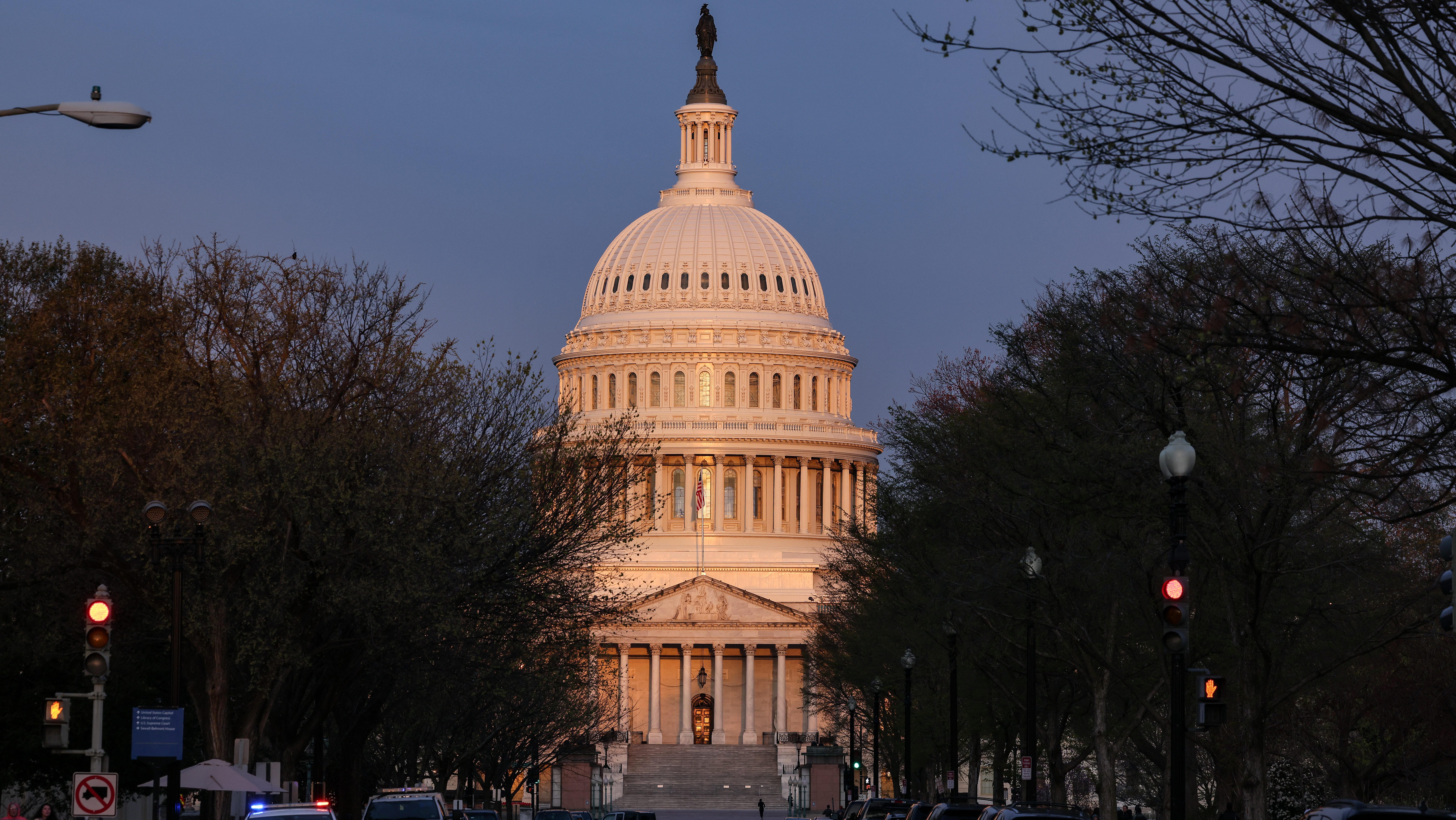Black communities in Pennsylvania continue to be disproportionately impacted by the war on weed, according to a new report released Monday by the American Civil Liberties Union.
In Montgomery, Bucks and Chester counties, black adults are nearly seven times more likely than white adults to be arrested for pot, according to the report.
In Delaware County, the rate drops down to nearly five times more likely. And in Berks County, it's around four times more likely.
Philadelphia, which decriminalized small amounts of personal use pot three years ago, has the lowest racial disparity with black adults three times more likely to be arrested for cannabis-related offenses compared to their white counterparts.
“Racial disparities have actually gotten worse” across the state, Andrew Hoover, spokesman for the ACLU of Pennsylvania, said. “These arrests create major barriers for people in their daily lives.”
The rates are especially glaring because “marijuana use is virtually identical across the races,” Matt Stroud, of the ACLU, said.
Roughly 70 percent of all arrests in Philadelphia were millennials between the ages of 18 and 30 years old, according to Chris Goldstein, Temple University adjunct professor and marijuana activist.
U.S. & World
Stories that affect your life across the U.S. and around the world.
“We see these arrests are primarily young people,” he said. “This is a very serious thing for young people - they lose their chances of going to college and getting jobs.”
The report used data submitted by Pennsylvania law enforcement agencies to the state Uniform Crime Reporting System.
Between 2010 and 2016, nearly 178,000 people were arrested throughout the state for cannabis. The majority of those arrests were for marijuana possession, which accounts for half of the state’s total drug arrests even as cities and counties drown under the weight of a burgeoning and persistent opioid crisis.
Because low-income communities and people of color are disproportionately impacted by the so-called war on drugs, lawmakers throughout the region have called for comprehensive drug law reform.
State Sen. Daylin Leach, who represents portions of Montgomery and Delaware counties and co-sponsored the state's medical marijuana bill, has introduced legalization in every legislative session since 2013, according to his spokesman.
Prohibition is a "continuation of Jim Crow policies," Leach's spokesman, Steve Hoenstine, said. "We don't think about it that way, but that's exactly what it does and it has to stop for that reason."
In private conversations between Leach and other local lawmakers, several have expressed their support for legalizing adult-use cannabis, Hoenstine said. But few are willing to go public with their votes.
"It's a ridiculous policy that costs taxpayers money and now we have to borrow all this money just to pay our bill," he said. "It destroys [people's] lives and then they have to use state resources when they get out of prison."
Other jurisdictions in the region have also called for legalization. In August, New Jersey Sen. Cory Booker introduced the Marijuana Justice Act, citing the uneven application of law enforcement when it comes to marijuana arrests.
His bill would remove cannabis from the Controlled Substances Act, expunge federal marijuana use and possession crimes and incentivize states through federal funds to change their cannabis laws if those laws were shown to have a disproportionate effect on low-income individuals or people of color.
“Tragically, in this country, if you’re African-American, you’re going to be arrested for using drugs almost 4 times more than someone who is white,” Booker said at the time.
His bill was largely taken as a symbolic gesture at a time when U.S. Attorney General Jeff Sessions has vowed to crack down on all cannabis use. But other local municipalities have started to soften on marijuana, including Delaware, which created a task force to examine the potential impact of legalizing adult-use pot.
Meanwhile, Philadelphia decriminalized cannabis in October 2014. A $25 fine was implemented for people possessing fewer than 30 grams of marijuana and up to 8 grams of hash, but police maintained the power to arrest people at their discretion.
Buying and selling recreational cannabis remains illegal at the state and federal level.
Philadelphia police spokesman Capt. Sekou Kinebrew said the findings are mostly good news for the city, but work still needs to done.
"We're moving in the right direction," he said.
"It is not our mission or desire to dispense law enforcement in a racially biased way. We start from day one with our recruits ... to indoctrinate a culture of fairness."
But Kinebrew admits that fostering a culture of fairness is a constantly moving target. Without knowing the circumstances of each arrest tallied in the ACLU report, it is impossible to know if someone was targeted because of their race or merely caught breaking the law, he said.
And that can create unintended consequences.
“When you leave things to be subjective, racial bias creeps in. We need to decriminalize across the board,” State Rep. Jordan Harris of Philadelphia and chairman of the Pennsylvania Legislative Black Caucus, said.
Decriminalization in Philadelphia led to an 88 percent decrease in marijuana-related offenses in the last three years, according to the ACLU report, but arrests surged in other parts of the state. Pennsylvania’s overall possession arrest numbers for adults and minors combined increased by nearly 25 percent between 2010 and 2016.
“I would much rather my tax dollars going to our police stopping gun violence, making sure child predators stay off our streets, than arrest a guy who smokes a doobie on his way to work or his way from work,” Harris said.



